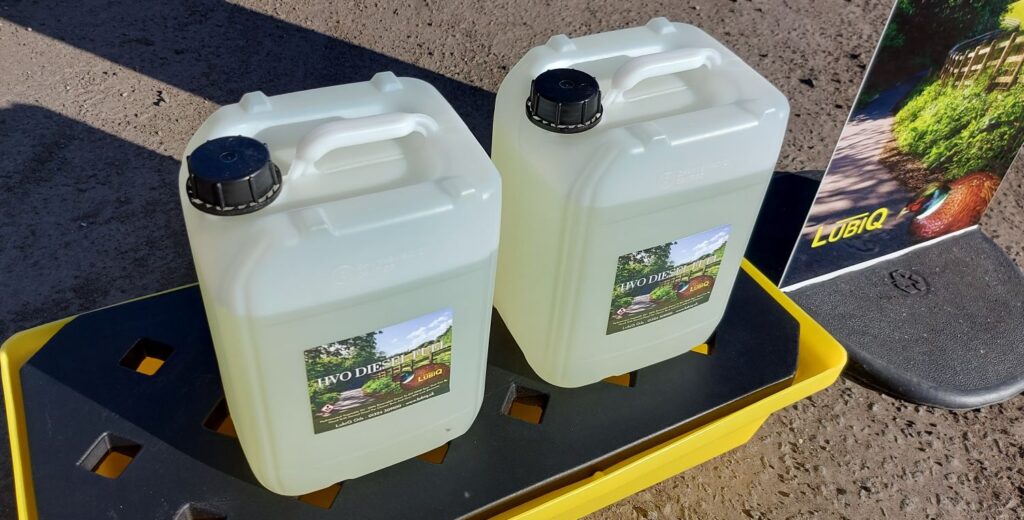How To Reduce Emissions On A Diesel Car
Whether you’re due an MOT or a manager working on a carbon reduction plan, the question of how to reduce emissions on a diesel car is an important one.
One simple way to do this is by using HVO fuel instead of normal white diesel along with sensible driving and allowing the engine to cut when waiting at traffic lights. Another option is the Opti Combustion piston upgrade service for better air/fuel mixture – see more here.

Offering great fuel economy, good range, and low-down torque, it’s not surprising that diesel vans, pick ups and cars are enjoyed by thousands of drivers every day and replacing them with EV battery vehicles can be troublesome.
So how can we set about reducing emissions from diesel cars? Firstly by understanding current combustion and FAME-related diesel fuel problems.
Particulate Filters, Catalysts, And Urea
Modern diesel cars have a DPF (diesel particulate filter) to combat soot and smoke from combustion, catalysts to reduce exhaust pollution, and urea (AdBlue) SCR catalysts for reducing nitrous oxides. With all this in the equation, you could be forgiven for thinking we’ve done enough! But what about the fuel itself?
Standard EN 590 white diesel has low sulphur and includes 7.25% FAME biodiesel, this is a natural product cracked as part of refining crude petroleum. This leads to variability, soot when burning, the characteristic aroma and blue colour smoke and waxing fuel filter clogging also being reported.

In short, the plethora of devices, filters, and AdBlue is designed to combat the ecological shortcomings of the fuel and reduce the pollution that using it brings. Another helpful concept is Opti combusiton upgrades to improve the output of your diesel engine.
Change The Fuel Then!
Because HVO fuel (hydrotreated vegetable oil) is both a super-premium synthetic diesel fuel and it is made from waste products, it offers a great option for how to reduce emissions on a diesel car when used instead of white diesel.
Miscible with normal diesel, HVO can be mixed with DERV and used in any diesel car. It reduces the net greenhouse gas emissions by up to 90%, but there is more to it than that!

As it is a man-made fuel, HVO is very consistent and clean burning offering over 20% reduction in NOx and far lower soot levels. It is not going to far to say that a diesel car on HVO barely needs the DPF any more!
This is a super fuel with high cetane number that is very good for car engines as well as reducing emissions without any need to modify fuel tanks, injectors, or engines.
The Pedigree
The standard to which our HVO diesel complies is BS EN 15940 and as it is a FAME and fossil free diesel made from 100% ISCC certified waste feedstocks that are hydrotreated, it is a very stable in long term storage and in cold weather.
HVO has found strong support from names like Audi, DAF Trucks, Volvo Penta, Cummins and MTU among other OEM’s and can be purchased for fast delivery on this link.
